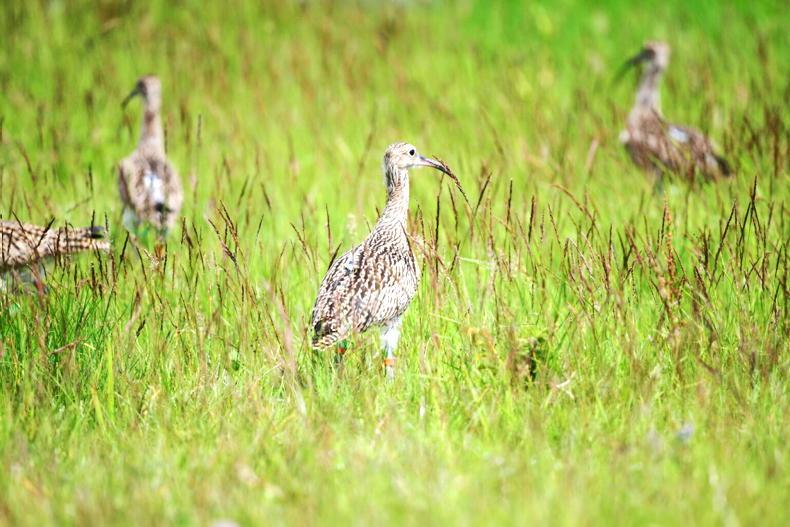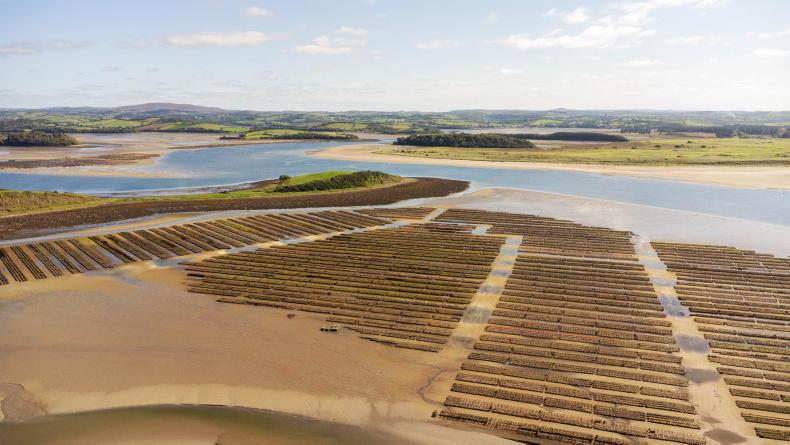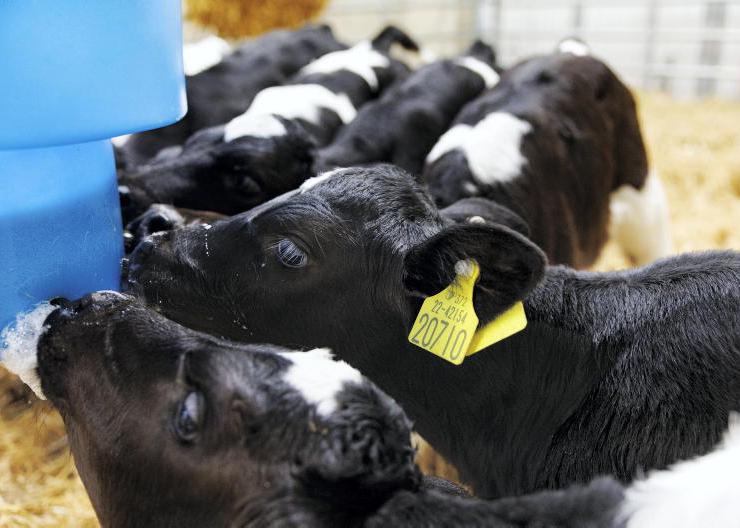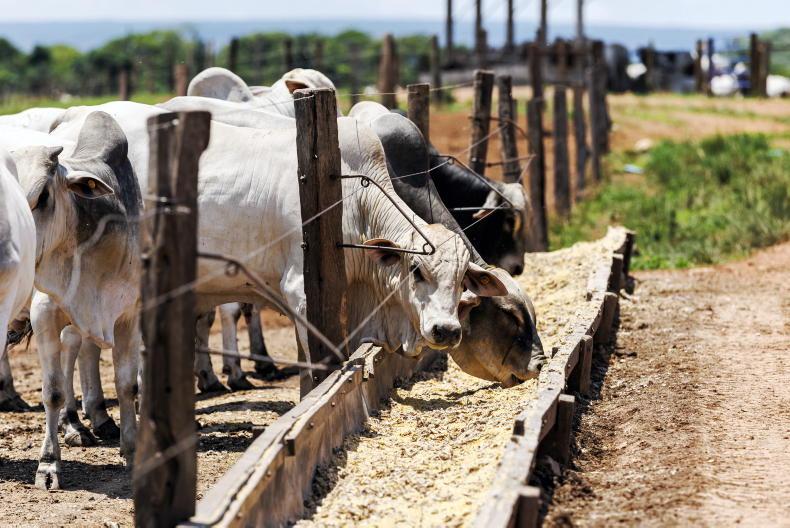The Irish Natura and Hill Farmers Association (INHFA) has warned of ongoing consequences for rural areas as a result of the Natura 2000 designations.
The comments were in response to the successful challenge by Friends of the Irish Environment to stop works on a flood relief scheme to protect houses in the Lough Funshinagh area of Co Roscommon.
The Natura 2000 designations are mostly Special Areas of Conservation (SACs) and Special Protected Areas (SPAs).
According to Brenda Joyce of the INHFA, there have been “hold-ups on water treatment and waste water treatment plants, leisure and tourist facilities, our ports and our road network”.
Impact on job creation
“We are seeing the impact on job creation as witnessed by the refusal to give planning for further development at the Pairce na Mara site in Connemara due to an SAC designation. This project was intended to focus on developing marine-based companies in the area which could have also provided a major employment boost,” he continued.
Joyce also stressed “how the consequences may even be greater for smaller developments and those wanting to build a house. Already we are hearing of planning issues for new dwelling housing that are on Natura sites and within the 15km buffer zone of an SAC or SPA designation.
“Unfortunately with proposals under the EU Biodiversity Strategy to more than double the area of land designated, our expectation is that this will become a much bigger issue in the coming years.”
In relation to the EU Biodiversity Strategy, Joyce said that “we need to firstly assess the impact of the current designations, which account for 13% of our land base”.
In the future, Joyce said that it is “vital that we bring these communities and their people with us. The Burren in Clare is a clear example of how important it is to manage these habitats with the help of the local farming community on the ground”.
New approach
“Any policy that undermines local communities is doomed to fail. This is why we are asking Friends of the Irish Environment and all those that want to protect and improve our environment to reassess their approach and engage constructively with the local communities.
“A conciliatory approach such as this can have much better outcomes for the habitats and the people that have helped to create and protect them,” He concluded.









SHARING OPTIONS